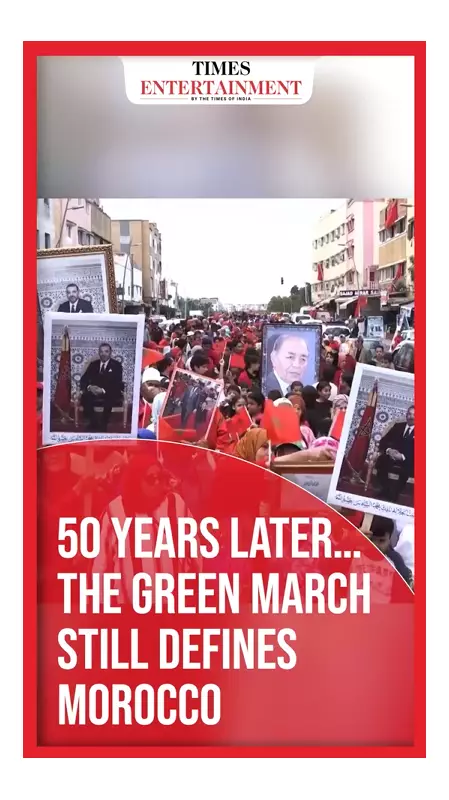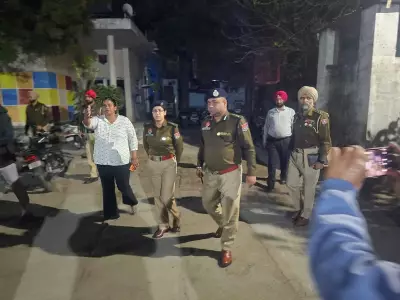
Five decades have passed since one of the most extraordinary peaceful demonstrations in modern history unfolded across the Sahara desert. The Green March of 1975 remains a defining moment that continues to echo through North African politics today.
The Peaceful Army That Changed Borders
In November 1975, approximately 350,000 unarmed Moroccan civilians answered King Hassan II's call, forming a human wave that crossed into the Spanish-controlled territory of Western Sahara. Armed not with weapons but with Qurans and Moroccan flags, these volunteers embarked on a mission that would permanently alter the region's political landscape.
A Strategic Masterstroke
The Green March represented a brilliant geopolitical maneuver by King Hassan II. Rather than deploying military forces, he mobilized ordinary citizens - teachers, farmers, merchants, and students - to peacefully reclaim what Morocco considered its historical territory. This unprecedented approach captured global attention and created immense diplomatic pressure on Spain.
The Aftermath and Ongoing Legacy
The march's success led to the Madrid Accords, compelling Spain to withdraw from Western Sahara and transfer administration to Morocco and Mauritania. However, this triggered a conflict with the Polisario Front that continues to simmer today, making the Green March's legacy as relevant in 2024 as it was in 1975.
Why It Still Matters Today
As Morocco commemorates this golden anniversary, the Green March remains:
- A symbol of national unity and peaceful resistance
- A cornerstone of Moroccan sovereignty claims over Western Sahara
- A reference point for similar peaceful movements worldwide
- A continuing diplomatic challenge in international forums
The anniversary celebrations across Morocco serve as a powerful reminder of how citizen mobilization can achieve what armies sometimes cannot, while the unresolved status of Western Sahara ensures this chapter of history remains very much alive.






